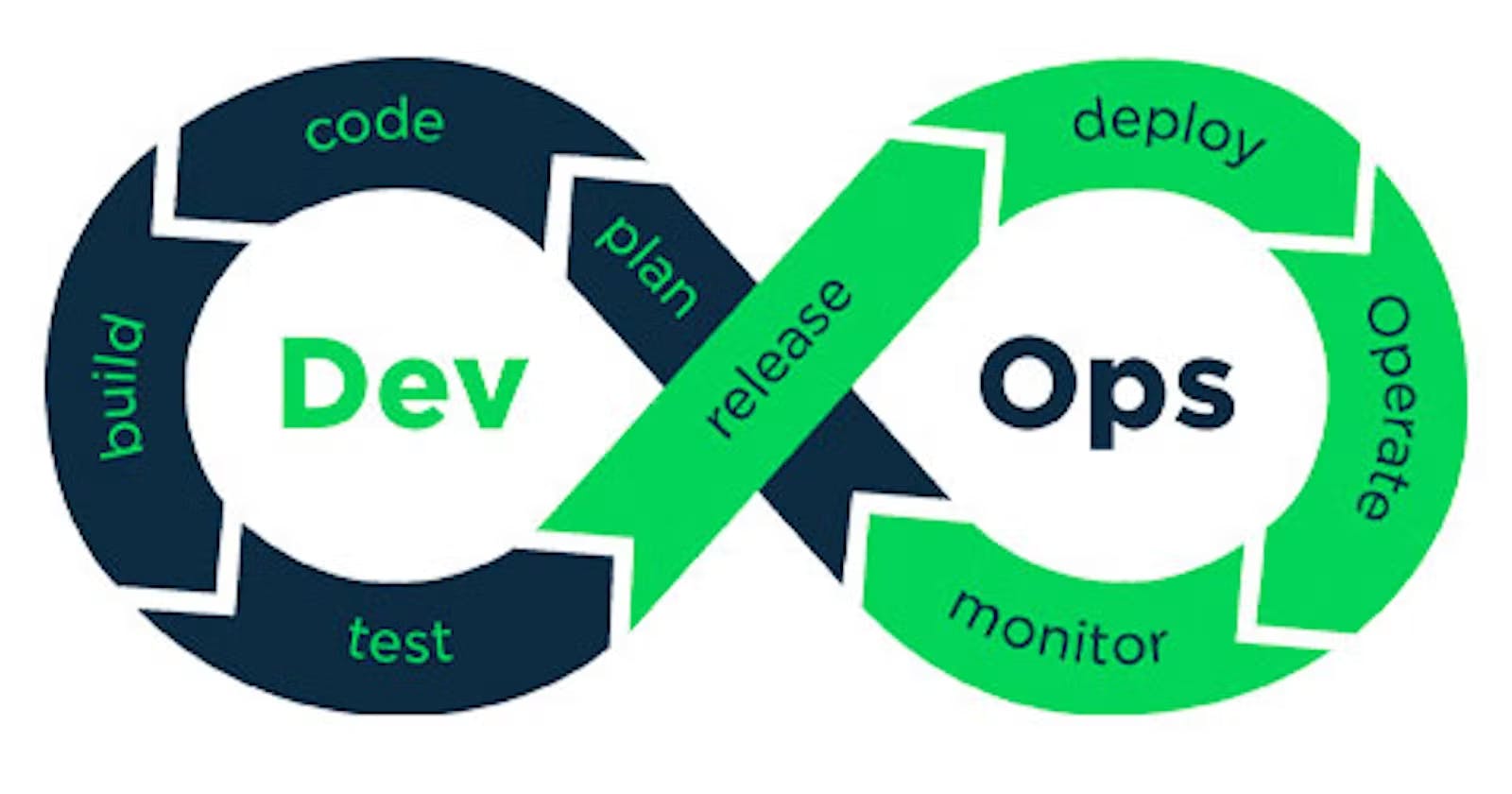Table of contents
No headings in the article.
#devops
## Introduction - Day 1
- What is DevOps :
DevOps is a collaborative approach to software development that aims to improve the speed and quality of software delivery by breaking down the traditional silos that exist between development and operations teams. It involves using automation tools and practices to streamline the entire software development pipeline, from code deployment to testing and production monitoring. The key objective of DevOps is to enable organizations to deliver software products and services quickly, reliably, and with high quality. By adopting a DevOps approach, organizations can achieve faster time-to-market, reduce the risk of production failures, and improve customer satisfaction. Overall, DevOps is a critical element in modern software development, enabling organizations to stay competitive and innovative in a rapidly changing business environment.
DevOps practices include continuous integration and continuous delivery (CI/CD), agile development, automated testing, infrastructure as code (IaC), monitoring, and logging. By automating manual processes and using tools that can quickly and easily provision infrastructure and deploy code, DevOps teams can deliver software more quickly and with fewer errors.
DevOps aims to break down the traditional barriers between development and operations teams and create a culture of collaboration, communication, and automation throughout the software development and delivery process.
- What is Automation :
Automation refers to the use of technology to perform tasks and processes automatically, without the need for human intervention.
e.g : Continuous integration and continuous delivery (CI/CD): automated processes that integrate, build, test, and deploy software changes quickly and reliably.
- Scaling :
Scaling in DevOps is characterized as an automation-driven environment where developers or enterprises can adopt DevOps culture and choose the right technologies to scale their business growth.
- Infrastructure :
In DevOps, infrastructure refers to the underlying technology resources needed to support the software development and deployment process. This includes servers, networks, databases, and other hardware and software components.
Traditionally, infrastructure was managed manually, which was time-consuming, error-prone, and often led to inconsistencies across environments. With DevOps, infrastructure is managed as code, using tools such as Terraform, Ansible, Puppet, and Chef. This approach is known as Infrastructure as Code (IaC).
IaC also enables teams to adopt practices such as Continuous Integration and Continuous Delivery (CI/CD), which allow for faster and more reliable software releases by automating the entire software development and deployment process, from code changes to infrastructure updates.
- Why DevOps is Important :
DevOps is important because it's a software development and operations approach that enables faster development of new products and easier maintenance of existing deployments, DevOps' main goal is to develop a sustainable infrastructure for specific applications and ensure high scalability. After all, scalable apps are highly reliable, automated, and integral in the modern-day software development process.
